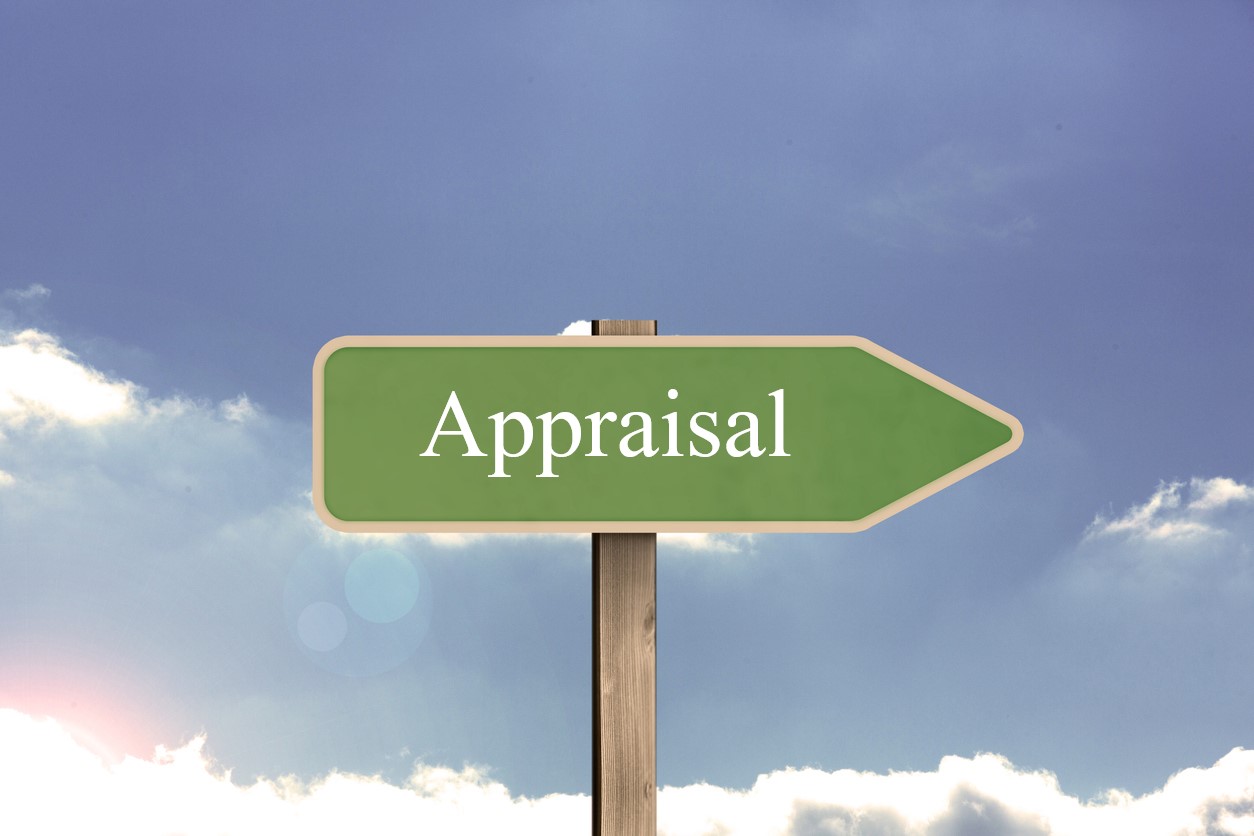Indiana Allows Causation in Appraisal

Remember my post last January, Property Insurance Appraisal Law Is Dynamic? Me neither. However, the insurance company losing the issue regarding causation being allowed in appraisal in Indiana would not give up.
Confronted with another motion asking the judge to change the outcome, the judge re-emphasized last week that causation is part of the scope that appraisers can consider in Indiana:1
Motorists first argues that the Order conflicts with prior decisions of the Southern District of Indiana. Dkt. 100 at 4–7. But Motorists previously cited those decisions in its briefing on the motions for partial summary judgment. And the Court explained why it did not follow them: ‘To the extent that Motorists cites cases from this district that have found that causation is an issue preserved for the Court to determine after appraisal…those cases predate [Villas at Winding Ridge v. State Farm Fire & Casualty Co., 942 F.3d 824, 830 (7th Cir. 2019)] where the Seventh Circuit upheld the umpire’s award, and ‘scope of loss’ decision, as binding.’ A motion for reconsideration is not the ‘appropriate forum for rehashing previously rejected arguments.’ Caisse Nationale, 90 F.3d at 1269–70.
Motorists next argues that the Court’s Order conflicts with Indiana Court of Appeals precedent, but the cases that Motorists cites were available for Motorists to cite and argue in the underlying summary judgment briefing. (citing Westfield Nat. Ins. Co. v. Nakoa, 963 N.E.2d 1126, 1134 (Ind. Ct. App. 2012); Weidman v. Erie Ins. Grp., 745 N.E.2d 292, 297-98 (Ind. Ct. App. 2001)).2 Reconsideration is not the place for ‘arguing matters that could have been heard during the pendency of the previous motion.’ Caisse Nationale, 90 F.3d at 1269–70.
Regardless, Westfield and Weidman don’t contradict the Court’s Order because neither case held that an appraisal award cannot be binding on the issue of causation. Westfield found an appraisal award wasn’t binding because the umpire’s award explicitly stated the amount was only owed ‘if the Court finds coverage for this loss.’ 963 N.E.2d at 1134. And Weidman found that, based on the policy’s limitation that payment could not exceed the smaller of the replacement cost or the amount actually spent on the repair, the court ‘must conclude that the Appraisal Amount and Award determine the amount of Weidman’s loss only, and other provisions in the policy govern the extent of Erie’s liability for that loss.’ 745 N.E.2d at 298. Therefore, Westfield and Weidman do not render the Court’s Order a ‘manifest error of law.’
Based on the following rejected argument by the insurer in its briefing, my prediction is that this case may be headed for an appeal:
In 2014, this Court recognized that a policy with the same ‘Appraisal’ provision as MMIC’s policy ‘expressly contemplate[d] that the insurer may deny coverage and assert defenses–including that the damage or a portion of it is outside the contractual scope of coverage–after an appraisal has taken place to determine the amount of loss.’ Philadelphia Indem. Ins. Co. v. WE Pebble Point, 44 F. Supp. 3d 813, 819 (S.D. Ind. 2014) (emphasis in original). In 2016, this Court confirmed its earlier decision agreeing with the insurer ‘based on the provision in the Policy that [the insurer] retains its ‘right to deny the claim’ even if there is an appraisal–that despite an appraisal award, [the insurer] presumably could still ‘interpos[e] defenses from elsewhere in the contract, such as ‘uncovered’ causes of loss.’ Philadelphia Indem. Ins. Co. v. WE Pebble Point, No. 1:13-cv-1453-SEB-DML, 2016 WL 11458291 (S.D. Ind. Jan. 28, 2016) (quoting Pebble Point, 44 F. Supp. 3d at 819), report and recommendation adopted sub nom. Philadelphia Indem. Ins. Co. v. We Pebble Point, LLC, 2016 WL 6818516 (S.D. Ind. Nov. 18, 2016). In fact, this Court declined to order a second appraisal in Pebble Point because the insurer could presumably ‘insist on litigating causation issues if it were dissatisfied with the new appraisal award[.]’
The Order mistakenly relied on the Seventh Circuit’s decision in Villas at Winding Ridge v. State Farm Fire & Cas. Co., 942 F.3d 824 (7th Cir. 2019). But as this Court recognized over two years ago in this case, ‘Villas did not hold that an appraisal award prevents parties from raising defenses outside the amount of loss.’ ECF 31 at 11. The Order acknowledges that Villas did not address the ‘right to deny’ clause (ECF 31 at 10) but states, ‘the Seventh Circuit rejected the insured’s position, finding the policy’s appraisal provision as a whole–not just selected phrases or lines within the provision–binding and unambiguous.’ ECF 31 at 10. That the appraisal provision is binding and unambiguous does not affect MMIC’s position, which is based on the unambiguous ‘right to deny’ clause in the appraisal provision.
So, while the matter may not finally be resolved because of the real possibility of appeal, it appears that causation of whether a structure was damaged by hail is an issue that an appraisal panel can consider if this ruling is upheld.
One last point—from the policyholder’s perspective, insurance companies are litigation and claims payment delaying machines. Is appraisal really a fast and efficient method of resolving disputes when insurers can nit-pick at every high-value appraisal award?
Thought For The Day
A far greater factor than abolishing poverty is the deterrent effect of swift and certain consequences: swift arrest, prompt trial, certain penalty and – at some point – finality of judgment.
—Warren E. Burger
1 Mesco Mfg. v. Motorists Mut. Ins. Co., No. 1:19-cv04875 (S.D. Ind. Aug. 18, 2023).


